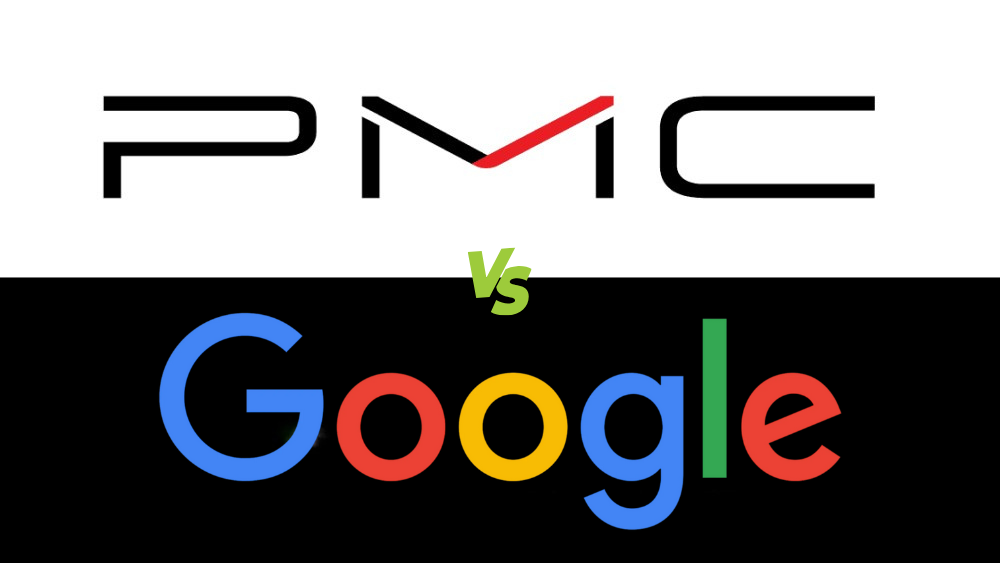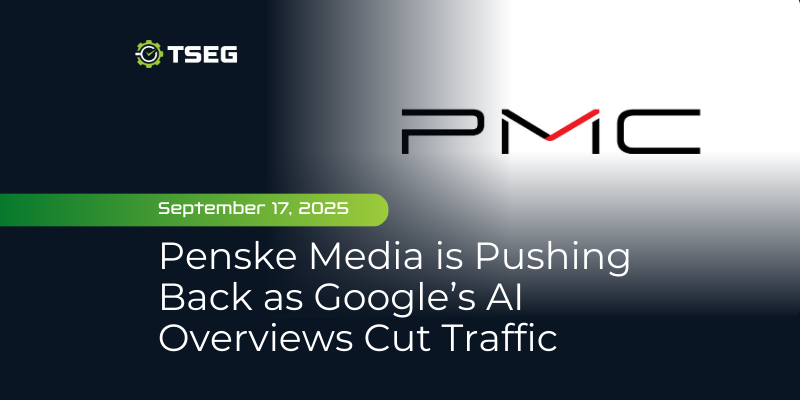Penske Media is Pushing Back as Google’s AI Overviews Cut Traffic
Posted on Thursday, September 18th, 2025 at 2:29 pm
Media’s Breaking Point with Google AI
Tensions between publishers and Google have boiled over again. Penske Media, the parent company of Rolling Stone, Variety, and Billboard, has filed a federal lawsuit accusing Google of using its journalism without permission to fuel AI-generated summaries in search. The lawsuit, filed in Washington D.C., calls out Google’s AI Overviews for siphoning clicks away from news sites and threatening the sustainability of digital publishing.
This is the first time a major U.S. publisher has taken legal action that directly challenges AI Overviews. It reflects growing frustration from newsroom leaders who believe their content is being repurposed without fair return.
Inside the Lawsuit
Penske Media’s complaint accuses Google of giving publishers an unfair choice: allow their reporting to be summarized by AI, or risk being buried in search results. The company claims this practice takes advantage of Google’s dominance in search, where it holds close to 90% of the market.
According to the lawsuit, AI Overviews now appear on about one in every five searches that would have previously led users to a Penske-owned site. As a result, the company says it experienced a one-third drop in affiliate revenue by the end of 2024.
Penske is not the only publisher raising concerns. MailOnline reported a 56% drop in click-through rate tied directly to the presence of AI Overviews on its content. These numbers have intensified the argument that Google’s AI features are hurting the businesses that create the content users are searching for.
Google’s Defense and the Bigger Disconnect
Google has defended AI Overviews as a way to make search results more useful while still sending traffic to publishers. A company spokesperson called these publishers’ claims “meritless” and said AIOs helps connect users with more sources, not fewer.
At a recent AI summit, Google’s vice president of government affairs responded to questions about the lawsuit by saying the company still values linking out to original content. He emphasized that the traditional model of showing links remains part of Google’s approach.
However, publishers and independent analysts are bringing attention to a different reality. Reports show that when AI Overviews appear in search results, websites receive fewer visits. Organic links are often pushed below paid ads, summaries, and other Google features. Though the links may still exist on the page, they’re not as prominently visible. Despite Google’s statements, the data continues to raise questions about who benefits most from these AI features.
Staying in the Loop
The lawsuit from Penske Media highlights that businesses, including law firms, are at risk of losing traffic when Google answers questions directly instead of directing users to the original source.
Publishers are no longer willing to quietly accept the terms of AI-first visibility. If pressure continues to build, Google may be forced to revisit how it uses third-party content in its summaries. At minimum, it could lead to changes in how attribution or compensation is handled.
TSEG is watching this closely. We are helping law firms stay visible and competitive, even as Google continues testing how it delivers information. When content is no longer guaranteed to drive clicks, firms need a smarter strategy to protect their digital presence. We’re already building for our clients’ future. To learn how your firm can plan accordingly, contact us today.
